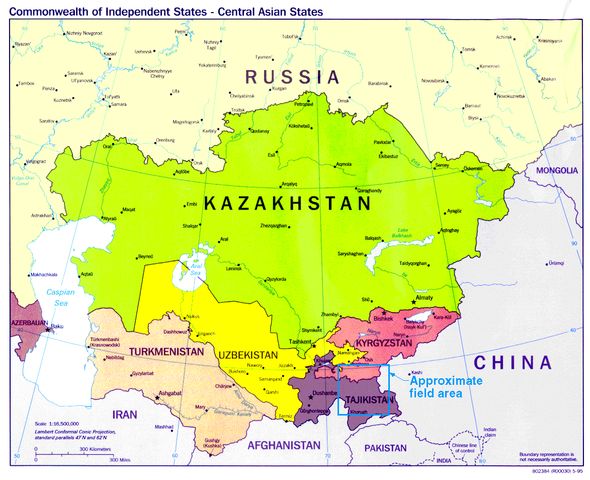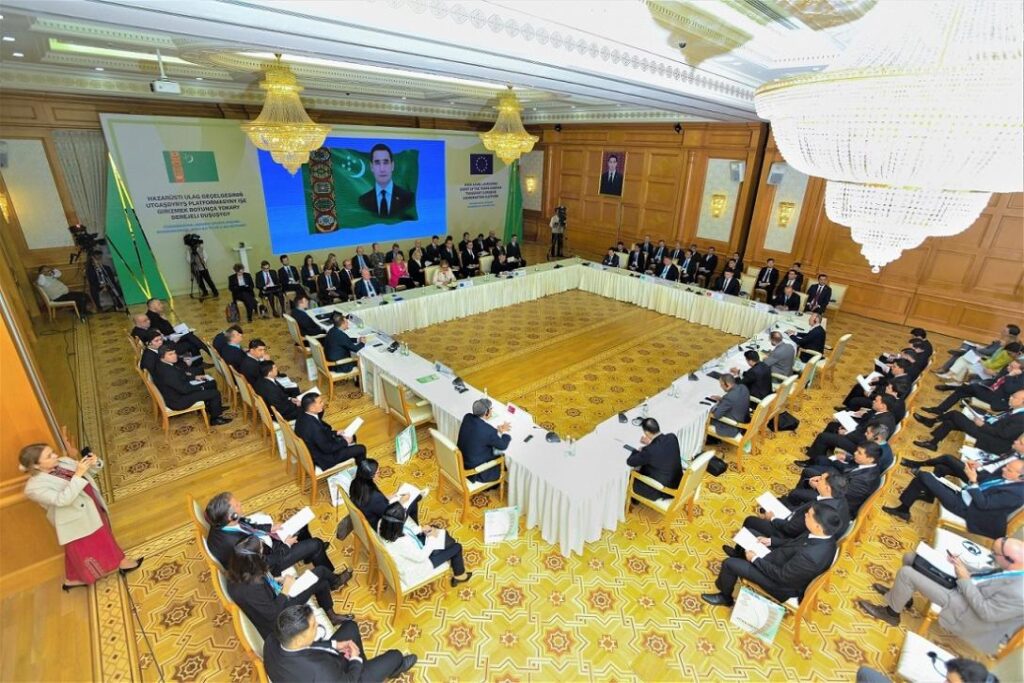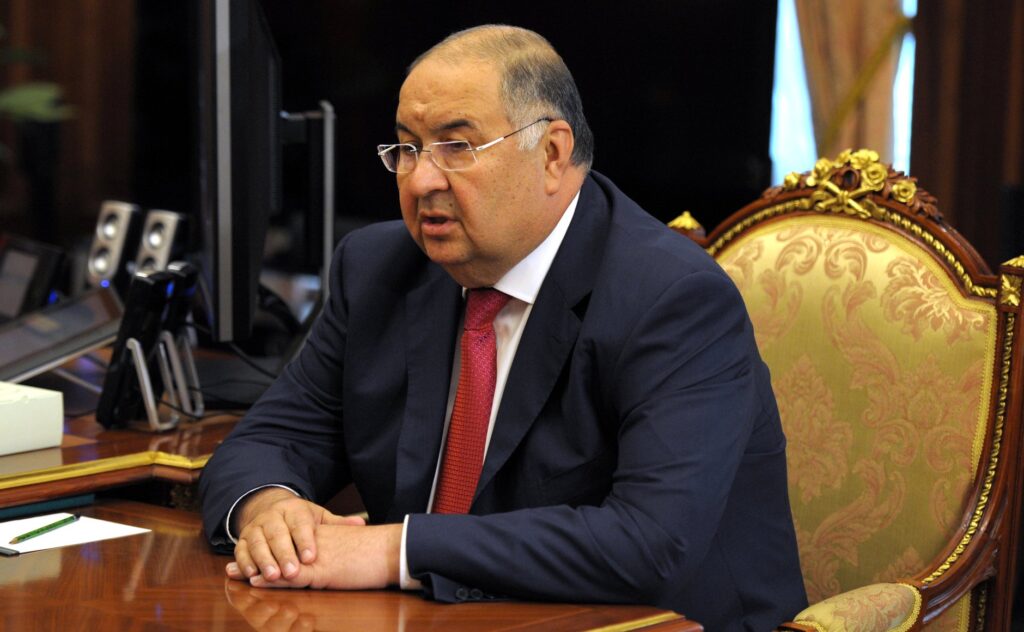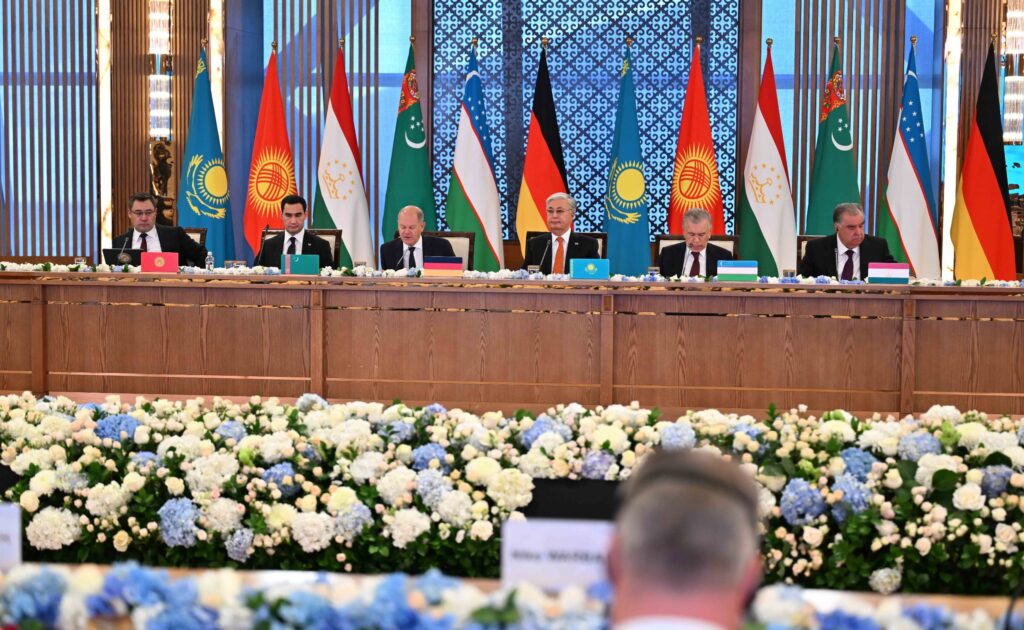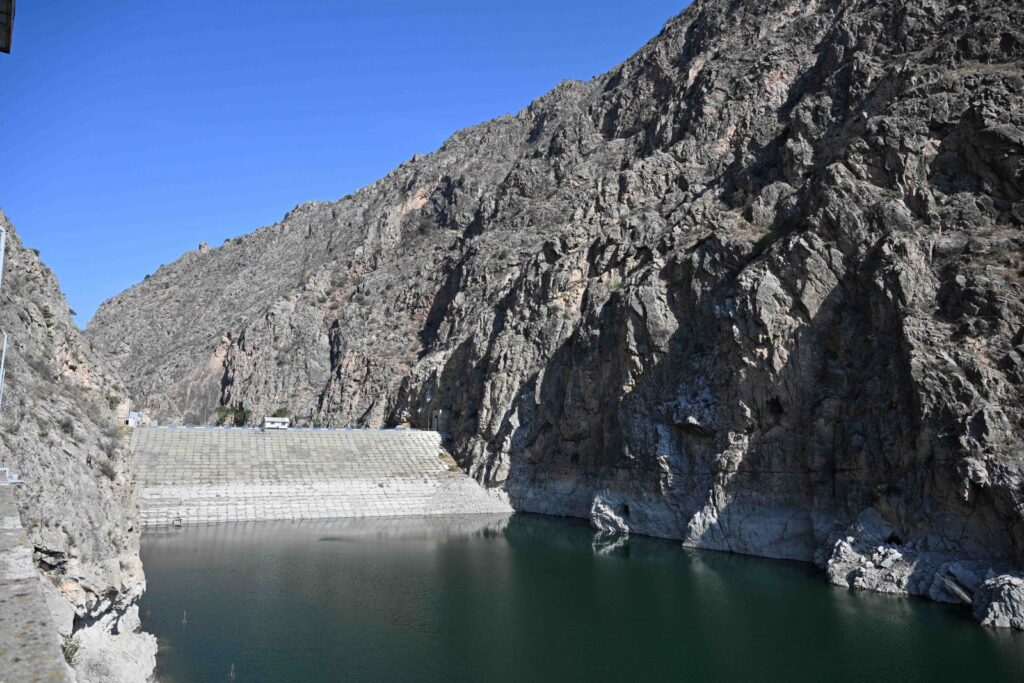ASTANA (TCA) — Kazakhstan’s Deputy Foreign Minister Roman Vassilenko’s visit to Great Britain ended on December 5 with the Kazakhstan delegation taking part in the Fifth annual Eurasian Council on Foreign Affairs (ECFA) meeting in London chaired by Dr. Benita Ferrero-Waldner, former EU Commissioner for External Relations and Chair of the ECFA Advisory Council, the Kazakh Foreign Ministry reported.
“[Kazakhstan] President Nursultan Nazarbayev outlined during his speech at the 12th Asia-Europe Meeting Summit, which took place in October in Brussels, his deep concern over the crisis of trust and lack of dialog taking place today in the world. In addressing the distinguished European politicians joining us today, I would like to propose that we discuss the details of President Nazarbayev’s initiative on strengthening confidence measures and convening a leading World leaders meeting in Astana,” said Mr. Vassilenko in his speech.
The Kazakh diplomat further informed the meeting participants about the positive dynamics of relations between Central Asian states and between these countries and the European Union, outlining a number of Astana’s common approaches to the EU Strategy for the region being developed. A focus on connectivity and logistics, development of private entrepreneurship, including women’s, strengthening the rule of law, as well as proposals for a more structured and systemic online presentation and promotion of the strategy and all the information related to it were discussed.
At the end of the meeting, the ECFA presented a special Report with its recommendations on the EU’s new Strategy for Central Asia, which is to be adopted in the first half of 2019. The Report, which is the synthesis of expert contributions from fifteen international institutions including the United Nations, the EBRD, the OECD and several universities, contains a chapter of conclusions and recommendations aimed at informing the European External Action Service as it considers its new Strategy for Central Asia covering the period of 2020-2027. Specifically, among other recommendations the report suggests that the EU’s new Strategy for Central Asia should aim to:
– Limit its focus to a “realistic assessment of [the EU’s] interests and competitive advantages in Central Asia”;
– Consider regional differences, rather than adopt a blanket approach to Central Asian states;
– Shift cooperation from a conference- and dialogue-based relationship to a more practical and operational approach, with hands-on projects and summits in each Central Asian state;
– Bring this approach to bear on human rights dialogue with Central Asian states, and move away from the “Eurocentric” perspective which has prevailed until now, with limited results;
– Focus on effective “soft power” initiatives such as improving health services, justice and law enforcement, as well as fighting corruption.
Participants had a chance to deliberate the main points and proposals at the press conference that was organised after the main event. Dr. Benita Ferrero-Waldner, EU Special Representative for Central Asia Peter Burian, former Foreign Minister of Italy and ECFA Advisory Council member Franco Frattini, EBRD Managing Director for Central Asia and Russia Natalia Khanjenkova, members of the Kazakhstan delegation, as well as British and European journalists were among those who took part in discussions.
The Eurasian Council on Foreign Affairs (ECFA) is an independent think tank, which focuses on Central Asia and works on promoting greater awareness about the region and strengthening economic, institutional and political relations between European and Central Asian countries. Influential European politicians, like the former presidents of the Czech Republic Dr. Václav Klaus, of Poland – Aleksander Kwaśniewski, of Serbia – Boris Tadić, of Slovenia – Danilo Türk, former Prime Minister of Norway Kjell Magne Bondevik, former Secretary of State for Foreign and Commonwealth Affairs of the United Kingdom Jack Straw PC, and many others are ECFA Advisory Council members. Member of the British Parliament, and until recently the Secretary of State for International Development, Priti Patel became the new member of the ECFA Advisory Council during the Fifth annual ECFA meeting.
